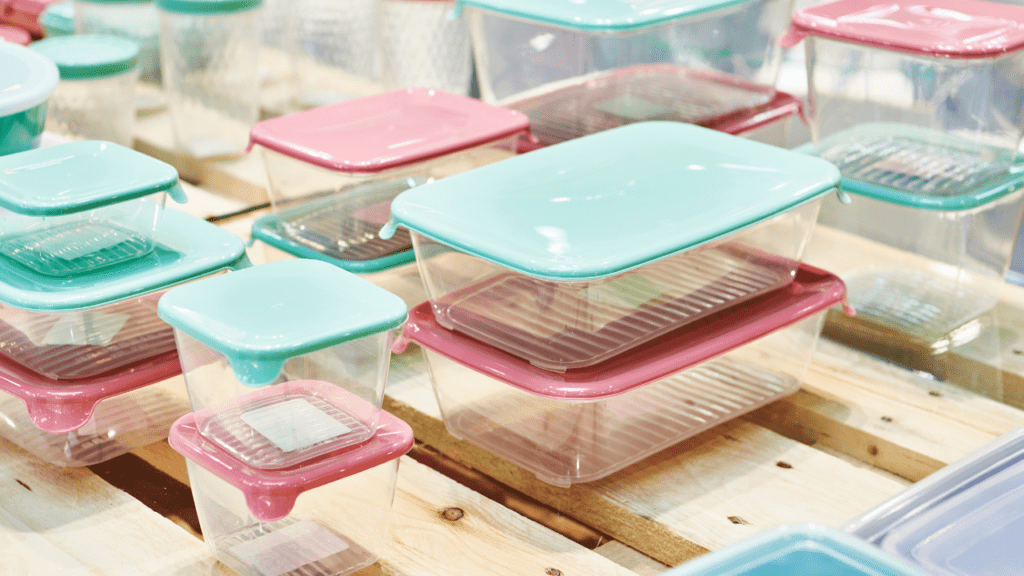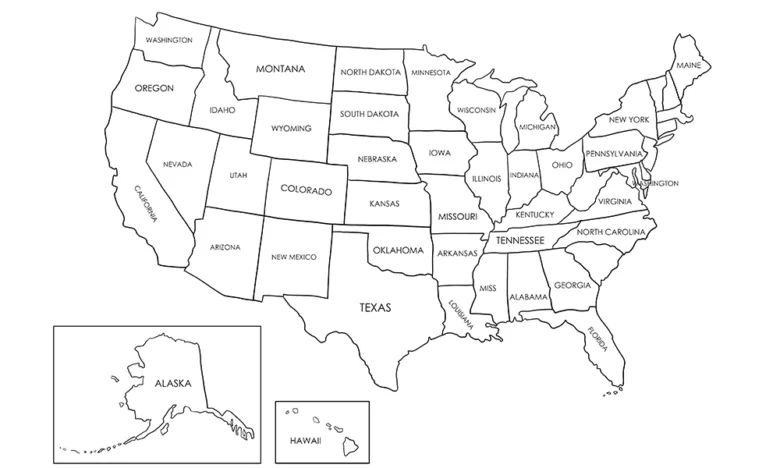
🌼🌿Perimenopause, the transitional phase before menopause, is a significant time for women as their bodies go through hormonal changes. While these changes are a natural part of life, there are external factors, such as xenoestrogens, that can disrupt hormone balance and impact overall health. In this blog post, we’ll explore what xenoestrogens are, how they can damage the body, symptoms of hormone disruption, who is most affected, and crucially, how you can protect yourself and your loved ones by minimizing exposure to these harmful chemicals.
Understanding Xenoestrogens:
Xenoestrogens are synthetic chemicals that mimic estrogen in the body. They are commonly found in everyday products, including plastics, personal care items, pesticides, and even some food containers. When these xenoestrogens enter our bodies, they can disrupt the delicate hormonal balance, leading to various health issues.
Damaging Effects:
Regular contact with xenoestrogens can lead to hormone imbalances, affecting not just women going through perimenopause but people of any age. Signs of hormone issues from xenoestrogens include irregular periods, mood swings, tiredness, gaining weight, fertility problems, and a higher chance of some cancers. These effects can really affect daily life, so it’s crucial to take action to lower contact with them.
Who is Most Affected?
Children and perimenopausal women are especially vulnerable to xenoestrogen exposure due to hormonal fluctuations at this stage. Their bodies are more sensitive to external influences, which can further exacerbate symptoms and disrupt the already delicate hormonal balance.
Examples of Xenoestrogen Exposure:
Xenoestrogens are found in various household items, including plastic containers, food packaging, cleaning products, and cosmetics. Additionally, non-organic fruits and vegetables may contain pesticides that act as xenoestrogens. It’s important to be aware of these potential sources and take action to minimize exposure.
Protecting Yourself and Your Family:
To avoid xenoestrogen exposure and reduce the negative effects on your body, here are some practical steps you can take:
- Choose natural, organic personal care, cleaning, and cosmetic products over synthetic chemicals whenever possible.
- Opt for glass or stainless steel containers for food storage to prevent exposure to xenoestrogens released from plastic when heated.
- Opt for organic produce and meats whenever possible to lower exposure to pesticides and hormones from conventional farming.
- Be mindful of cleaning products: Many conventional cleaning products contain chemicals that can disrupt hormonal balance. Look for eco-friendly and toxin-free options or even make your own using natural ingredients like vinegar and baking soda.
- Filter tap water using a filtration system to eliminate potential xenoestrogens from sources like agricultural runoff or water treatment.
- Embrace natural fabrics: Synthetic materials like polyester can contain chemicals that act as xenoestrogens. Choose clothing made from natural fibers like organic cotton or linen.
Reversing the Effects:
If you’re dealing with hormone problems linked to xenoestrogens, talk to a healthcare expert. They can give you personalized advice and suggest ways to balance your hormones.
Shielding yourself and your loved ones from xenoestrogens is crucial, especially during perimenopause, to stay healthy.
Be aware of where xenoestrogens come from and take steps to limit contact, which helps keep your hormones in balance naturally. Small changes in your daily routine can greatly lower health risks linked to these man-made chemicals.
Stay healthy and informed!
If you want personal advice for perimenopause, I’m here. Let’s chat one-on-one to discuss your needs and make a plan for your well-being.










